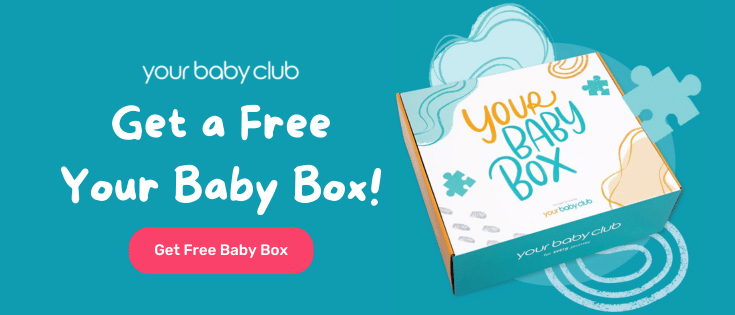Hemorrhoids – everything you wish you didn’t need to know!
Do you have symptoms such as itching, burning, pain, bleeding, or fluid from the rectum…? Hemorrhoids are a common condition in pregnant women and also after having a baby (as if there weren’t enough other pregnancy problems). Hemorrhoids can be very uncomfortable, but they are rarely dangerous and usually go away on their own some time after childbirth.
Read time: 2 m
Verified by Ingela Ågren
Certified Midwife
The anal canal is lined with cushions consisting of submucosal tissue and blood vessels. They are called hemorrhoids, or piles when they get enlarged and swollen. They can be located far inside the rectum, so-called internal hemorrhoids, or under the skin around the anus, so-called external hemorrhoids. It’s not uncommon to have both internal and external hemorrhoids at the same time.
The body’s blood volume increases when you are pregnant, and the growing tummy puts extra pressure on the blood vessels around the lower rectum, which is why the development of hemorrhoids is more common during pregnancy. Pregnant women also get constipated more frequently, which is another reason hemorrhoids develop. When pushing out the baby during delivery, pressure increases in the rectal area, and the hemorrhoids fill up with blood. It is thus common to have hemorrhoid problems after childbirth.
Symptoms caused by hemorrhoids include:
- Bulging skin around the anus
- Itching and burning at the anus area
- Bleeding during bowel movements
- Pain during bowel movement
- Mucus, gases, and/or feces leakage.
Most hemorrhoids go away on their own, although there are some tips to ease the discomfort:
- Avoid getting constipated. Try to drink sufficient amounts of fluid, eat a fiber-rich diet and be physically active.
- Keep the area clean by rinsing with warm water after going to the toilet.
- Non-prescription medication such as creams and suppositories are available at pharmacies and can be used both during pregnancy and when breastfeeding.
- If the passing stool is very painful, try applying some numbing cream, such as Xylocaine, before going to the toilet.
Contact your doctor if the problems are severe and persistent.
Verified by Ingela Ågren
Certified Midwife
Hundreds of related articles, podcasts & more waiting for you in the Preggers app.
Download Preggers today.



